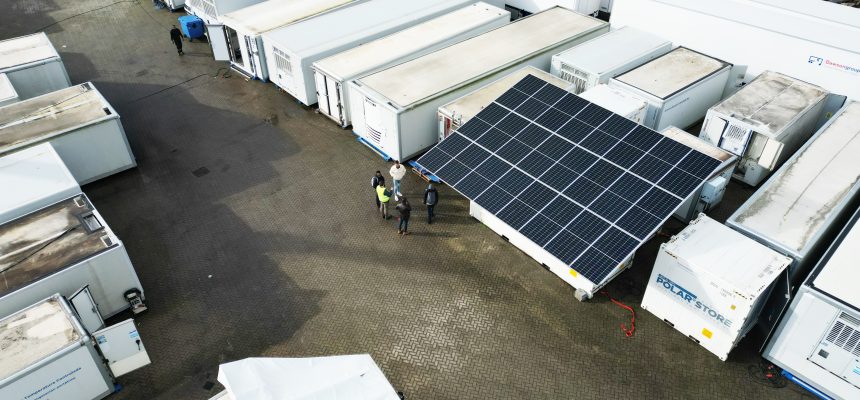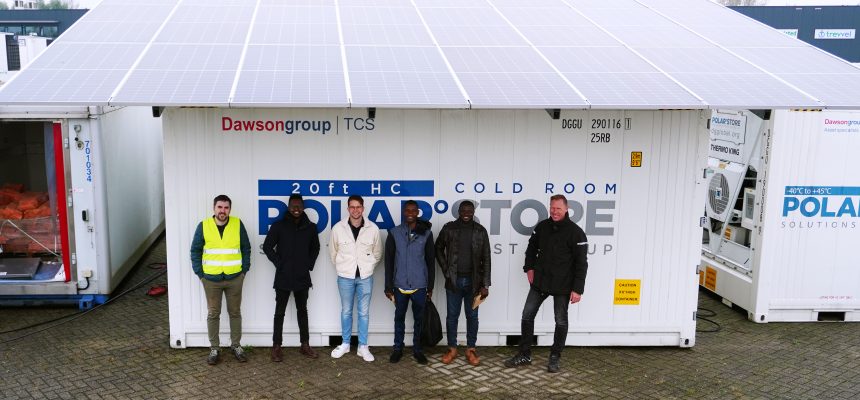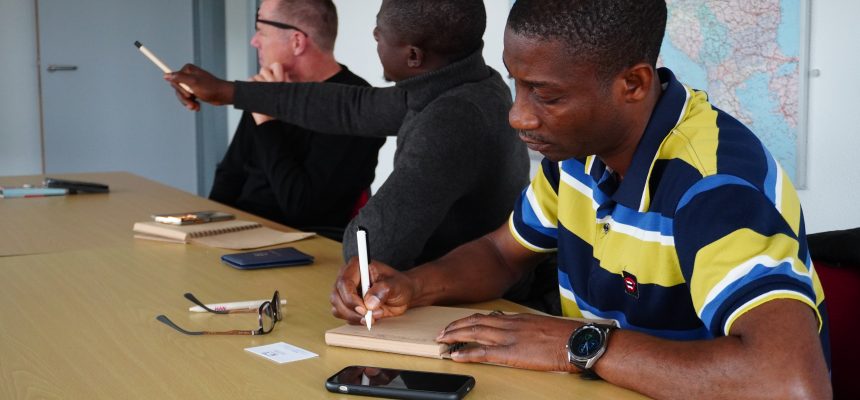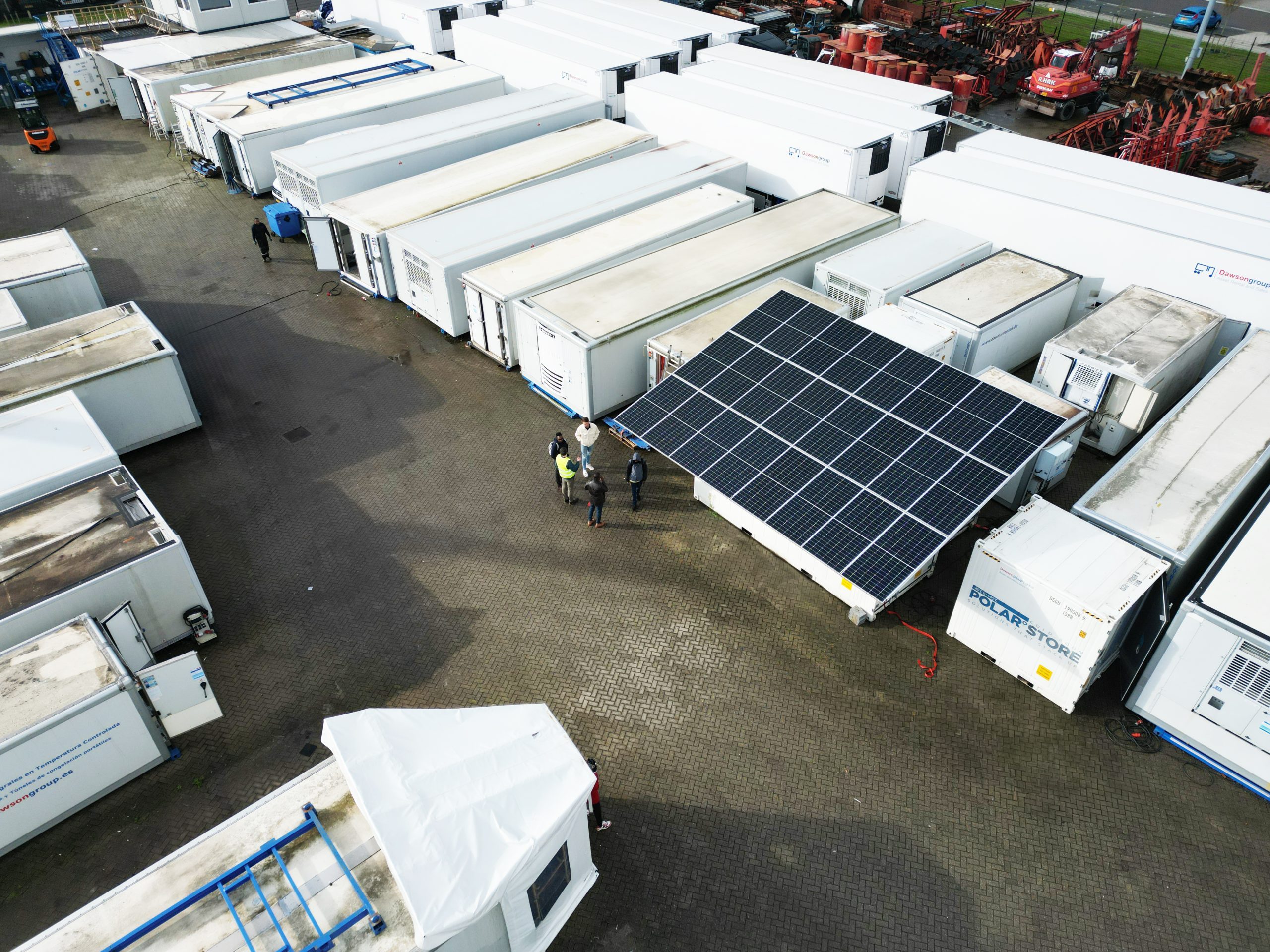Nigeria, with a population of 219 million in 2022, stands as a major economic and political force in Africa, characterized by abundant natural resources and a notably large domestic market. However, the country faces significant challenges including issues over insecurity, poverty, inequality, and corruption. Over the last five years, erratic power supply has posed a major limitation to economic growth. Therefore, the government has embarked on various reforms and initiatives to diversify the economy, enhance infrastructure, and promote human capital development. The government aims to achieve universal access to electricity by 2030 and plans to increase the installed electricity generation capacity to 42 GW.
Currently, there is a substantial supply deficit in Nigeria’s electricity industry with the overall electricity demand estimated to surpass the reported supply capacity by more than tenfold. Presently, approximately 90 MN Nigerians (41% of the population) lack access to electricity. This demand-supply gap presents a significant market opportunity, amounting to $9.2 BN annually, particularly for solar mini-grids and solar home systems.

The cold-chain off-grid solar solution
Despite being in its early stages of development, the business case for renewable energy technologies in Nigeria is evident. There is a substantial disparity between the demand for electricity and the actual supply from the national grid. To bridge this gap, various decentralised options, including diesel and petrol generators, gas plants and solar PVs have emerged. However, the costs of the most prevalent alternative, diesel, tripled in the last year in response to the deregulation of certain petroleum products. The fluctuating prices highlight the importance of renewable alternatives that are less responsive to changes in oil prices.
The inception of the RenewableTechNigeria (RTN) consortium stemmed from the necessity for reliable renewable alternatives, allowing independence from the unreliable grid connection. Targeted opportunities have been pinpointed within specific sectors, notably agro-food and healthcare, both of which indispensably demand continuous cold storage. This necessity introduces logistical challenges in managing cold stores within their respective value chains.
A standout opportunity identified by the consortium is the implementation of a cold-chain off-grid solar solution – a development aimed at enhancing agricultural and food-related industries in Nigeria. By combining the project partners’ technical expertise, the consortium plans to introduce the PolarStore concept, a collaboration between Dawson and Independent Energy. By harnessing solar power, this system not only reduces operational costs but also significantly diminishes greenhouse gas emissions, contributing to a greener and more sustainable future for the nation.
In detail, the system generates up to 8 kW of power with an energy production exceeding 65 kWh/day. This innovation and efficiency could signify a significant step towards reshaping Nigeria’s energy landscape within the cold store value chains.
Building capacity
RTN’s effectiveness is not solely derived from its innovative and tangible solutions but also from the collaborative synergy among its diverse consortium partners, emphasizing capacity building and knowledge enhancement.
A key factor contributing to the cluster’s success is its comprehensive training program and curriculum, strategically designed to empower Nigerian professionals with the technical, marketing and sales expertise needed to deploy, maintain, and sell off-grid solar systems. During a recent visit to the Netherlands, two trainees from SOSAI Renewable Energies, a prominent Nigerian renewable energy company, gained invaluable insights and knowledge.
The two-week training encompassed various aspects and included visits to the Dutch consortium partners. These visits involved gaining technical understanding from Frank Hoogers and Peter van Zwol at Independent Energy, learning engineering principles from Hatim Mala at SEECE, acquiring sales and marketing strategies from Rick Heijnen at Dawson Group and valuable insights on the PolarStore from Jan de Waard at Dawson Group. These elements are crucial for the successful implementation of solar projects.
Hatim Mala, representing the Sustainable Electrical Energy Centre of Expertise (SEECE), provided insights into the complexities of the curriculum’s development:
“If you look at the identification of the problems when Dutch companies come to penetrate the Nigerian market. One of the areas that was identified is that the potential customers lack the knowledge to identify the value of a potential business case and lack in terms of maintenance and installation skills. And that’s why we’re trying to address it with this training.
So, by having that knowledge there [through the curriculum, Ed.], it will allow the potential customers to value the business cases that are brought by the Dutch companies and for them it will become cheaper if they already know how to install and maintain the system.”
The significance of investing in training and capacity building within Nigeria’s renewable energy sector cannot be overstated. To begin with, it bridges critical gaps, addressing the lack of local expertise related to the diverse components of innovative Dutch equipment. Through practical training and workshops, the trainees gained a comprehensive understanding of technical intricacies, engineering principles, and effective sales and marketing strategies. This equips them with the skills to effectively deploy, maintain, and sell these systems.
Secondly, the training program acts as a catalyst for local economic development. Through skills improvement among Nigerian professionals, RenewableTechNigeria is establishing a proficient workforce capable of promoting the adoption and sustainability of clean energy solutions.
Finally, the initiative focuses on overcoming cultural challenges within the Nigerian market. Through the emphasis on ‘learning by doing’ in a multicultural environment, RTN promotes a collaborative and sensitive approach to the deployment of off-grid solar solutions.
Peter Sayo Ayoade, one of the trainees from SOSAI Renewable Energies, noted the following on the training: “We are here to see how to synergize the collaboration, the synergy between the companies, which is SOSAI renewable energies, Dawson, SEECE, Independent Energy. To see how the new cold storage system works and is maintained and at the end of the training to go back to Nigeria and fully push it on the market and see how the market can assert it.”
Policy implications
The right policy frameworks will play a critical role in driving renewable energy adoption. Recent legislative changes in Nigeria, allowing private individuals to invest in mini-grids, represent a step in the right direction. However, continued support from the government, including streamlined licensing processes, financial incentives, and investment guarantees, is essential. Such supportive measures can catalyse private investment, accelerating the deployment of solar solutions across the nation.
Other than policy and legislative support, securing adequate funding for large-scale projects remains a hurdle as well, especially considering the initial investment required for widespread solar implementation. Innovative financial models, such as public-private partnerships and impact investments, could play a pivotal role in overcoming this challenge. Additionally, scaling up training programs to reach a broader audience and increase public support is crucial. Collaborative efforts between educational institutions, industry experts, and government agencies can bridge the skills gap, ensuring a skilled workforce capable of driving the renewable energy sector’s expansion.
A greener tomorrow
As the consortium continues its mission to transform Nigeria’s energy landscape step by step, its efforts go beyond the installation of solar panels and the reduction of diesel dependency. It lies in the empowerment of communities, the cultivation of expertise, and the creation of a sustainable blueprint for future energy endeavours.
Hatim Mala: “The power of a consortium like this is the diversity of it. So, from our side, as an educational institute, we have the strength in being able to identify the knowledge gaps and how to address them and how to develop a curriculum. So that’s our core business. And then Larive International contributes by basically identifying the market and carrying out all the project management aspects. And then companies like Dawson Group and Independent Energy are the ones who own the product. So, the power of this consortium is this diversity in terms of knowhow and specialities.”
As the world grapples with the challenges of climate change and the urgent need for sustainable energy solutions, initiatives like RenewableTechNigeria are trying to change the tide. And as the country embraces this renewable energy revolution, it stands poised to rise to the challenge, proving that a brighter, greener future is an achievable reality.
[av_video src=’https://youtu.be/Cp_AANB07PI’ format=’16-9′ width=’16’ height=’9′ custom_class=”]






